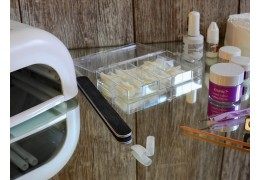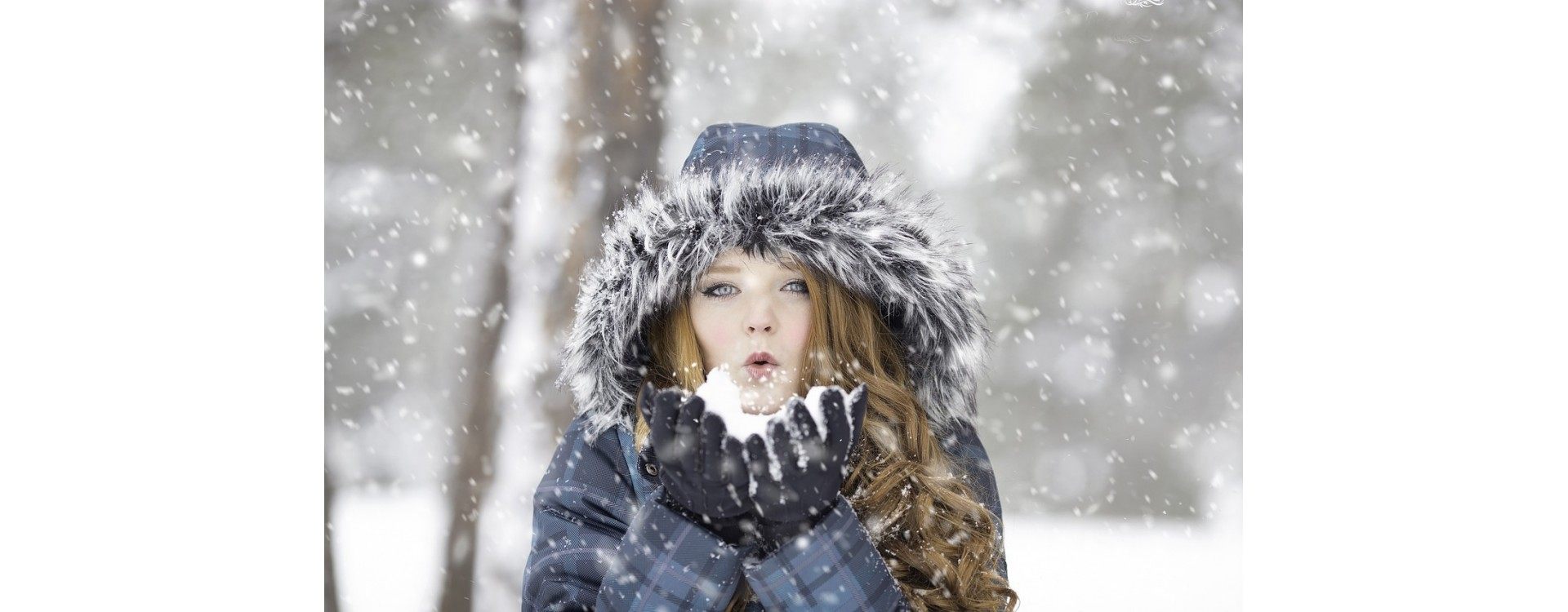Blog categories
Search in blog
Popular posts





Featured posts






When the temperature drops, it is natural to want to spend more time indoors. However, when you venture outside in the winter, UV rays are still a danger. In fact, the risk of sunburn is even greater in the colder months than in the summer, as your skin can become particularly sensitive from staying indoors. This means that we must redouble our efforts in terms of sun protection this season! But, should you wear sunscreen in winter? And if so, when and how to apply it? To have all the answers on this essential question in terms of health, we invite you to continue reading this article.
The UV Index is a measure of the amount of UV rays reaching the Earth's surface at a given time and place. For example, a UV index of 6 means that UV rays are quite weak and pose little danger. On the other hand, a UV index of 10 and above means that the sun's rays are strong and can harm your skin by causing burns.

Of course, UV exposure is greater in summer, and the UV index higher. In winter, there are fewer daylight hours, and UV rays are also less intense in the hours before and after sunrise and sunset. Also, in the winter, you're more likely to be indoors, which means you risk losing your tan and getting out of habit. and-hair">your skin in the sun. She is therefore more vulnerable when you go out. This is why suitable sun protection should be considered.
For starters, they may increase the risk of skin cancer, including squamous cell carcinoma, basal cell carcinoma, and melanoma. UV rays can also cause premature aging of the epidermis and an inflammatory reaction of the skin, which is called "sunburn".
They can also cause over-pigmentation and skin lesions. If you have very fair skin, exposure to too long or without UV protection can increase the risk of burns. In fact, it is estimated that people with very fair skin can burn in just 10 minutes of exposure to the sun, even if it is cold outside, like when skiing for example!

The answer is yes! Regardless of the season, you should wear sunscreen. That said, you may need to change how you apply sunscreen as well as the type of product you use. For example, you can use a thicker formula in the winter to ensure that it maintains the hydration of your epidermis, but a lower SPF than in the summer (minimum 15).
In addition, you can also consider trying a moisturizing day cream with an SPF. They are numerous on the market and allow you to always go out protected in a single gesture. Choose natural, gentle and nourishing formulas. That said, sunscreen is still the best way to protect yourself from UV rays. It doesn't matter whether it's winter or summer, the sun is always harmful to your skin. So, we advise you to always have a tube of sunscreen on you (or a spray for easier application).
You should apply sunscreen when you expect to be in the sun, regardless of the time of year. And as you know by now, UV rays are present all year round. However, in winter, the best time to apply sunscreen is when UV rays are strongest.
This happens during the hours around sunrise and sunset. That said, don't forget to wear sunscreen even on cloudy days, if you are outside. UV rays can pass through clouds, so you need to protect yourself. For this reason, you should wear sunscreen all year round.
There are two things you need to keep in mind when choosing sunscreen for winter. First, you need to choose a thicker formula to take care of your cold and windy skin. Second, you need to choose a lower FPS than what you would normally use in the summer. The best SPF in winter is between 15 and 30.

In fact, dermatologists recommend wearing sunscreen with a consistent SPF for the season. A sunscreen with an SPF of 30 is estimated to prevent sunburn in 97% of people. A sunscreen with an SPF of 50 prevents sunburn in 99% of people. If you spend your holidays in winter sports, use sunscreen SPF 50, because the sun is more aggressive at altitude.
To guarantee a safe tan in summer and winter, don't forget to apply sunscreen with an SPF of at least 15. As in the hot season, also be sure to limit your exposure time to the sun and to protect yourself if the sun requires it.
Finally, you can also use self-tanning products or beta-carotene supplements in winter. They are a great way to achieve a more beautiful and luminous complexion without risking sun damage. And above all, opt for products that do not contain any controversial chemical ingredients. They can therefore be used safely on the face and around the eyes!